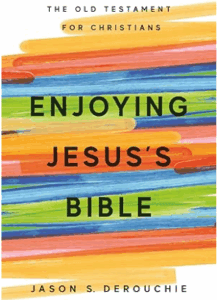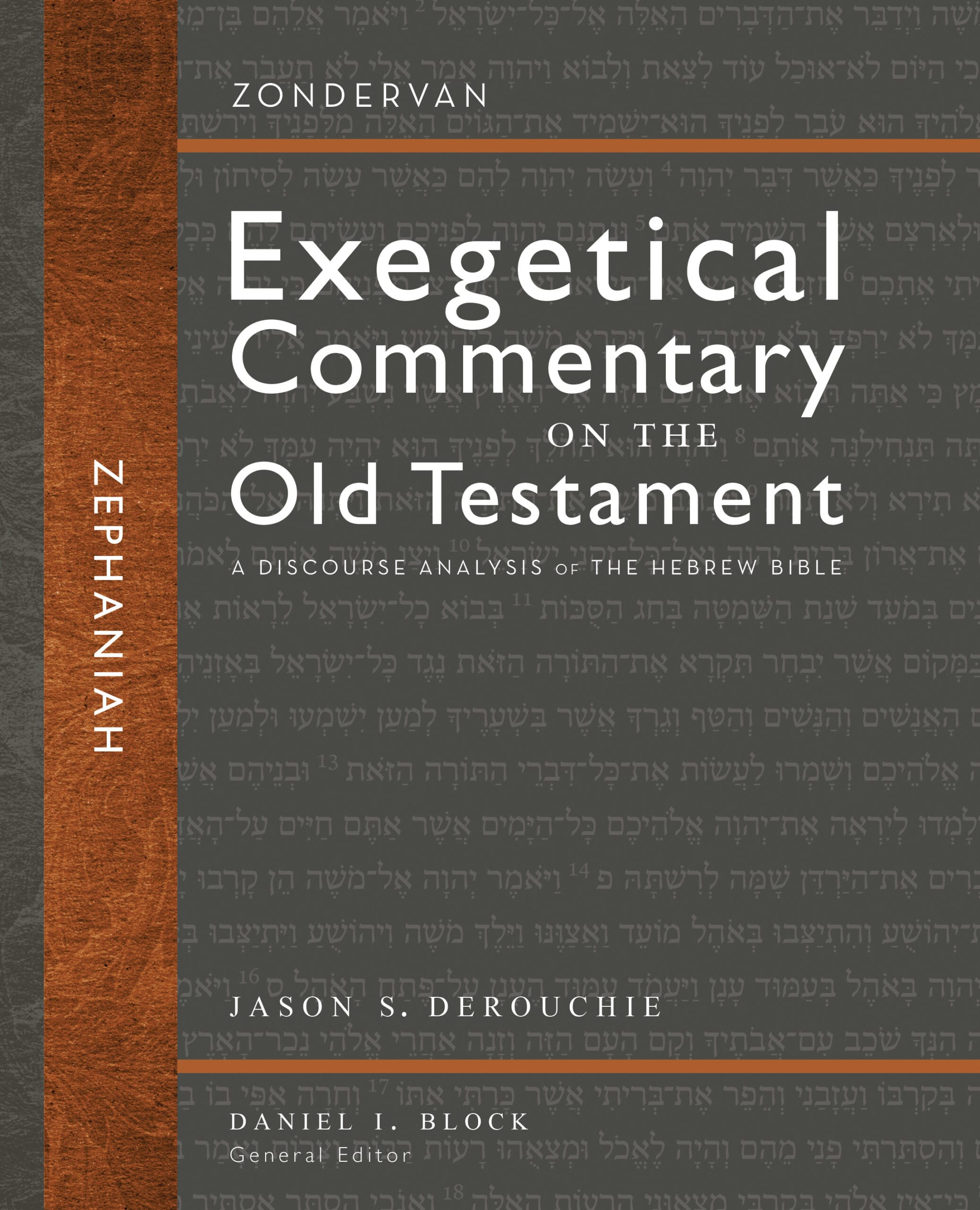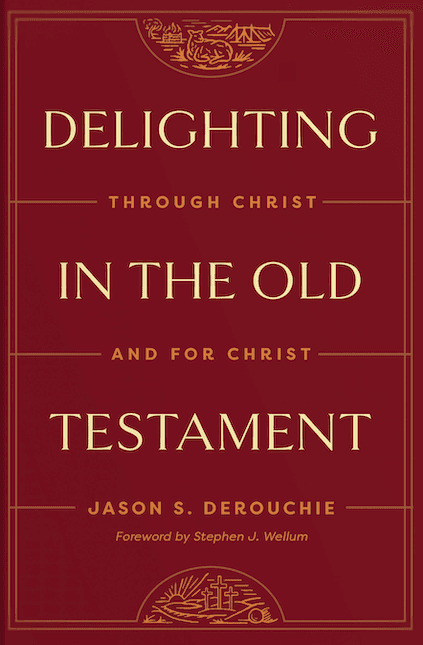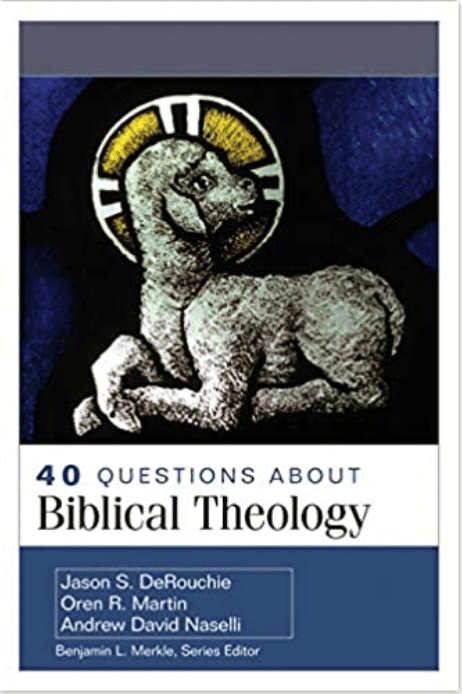Proclaiming the Kingdom
Blog
Follow Jason DeRouchie
Pursuing a Life of Significance: An Advent Sermon on Luke 1:57–80
(Audio Download / PDF / SoundCloud ) DeRouchie gave this message on 12/21/2025 at the Sovereign Joy Baptist Church plant in Liberty, MO. *** PURSUING A LIFE OF SIGNIFICANCE An Advent Sermon on Luke 1:57–80 Jason S. DeRouchie, PhD (12/21/2025) Merry Christmas! Today I...
The Miracle-Son and the God Who Can: An Advent Sermon on Luke 1:26–38
(Audio Download / PDF / SoundCloud) DeRouchie gave this message on 12/7/2025 at the Sovereign Joy Baptist Church plant in Liberty, MO. *** THE MIRACLE-SON AND THE GOD WHO CAN An Advent Sermon on Luke 1:26–38 Jason S. DeRouchie, PhD Sovereign Joy Baptist Church...
Confront Idolatry, Part 1: Applying Word 1 in Deuteronomy 5:6–10
(Audio Download / PDF / SoundCloud) DeRouchie gave this message on 11/9/2025 at the Sovereign Joy Baptist Church plant in Liberty, MO. *** CONFRONTING IDOLATRY, PART 1 Applying Word 1 in Deut 5:6–10 Jason S. DeRouchie (11/09/25) How pleasant and fitting to praise the...
How Amos Prophesied the Coming of Jesus and Salvation for the World
Called by God’s Name (Amos 9:11–12) The manger in Bethlehem is a marker. It signals a major movement in world history from shadow to substance and from anticipation to realization. Evident in this progression is the salvation of some from “all the nations who are...
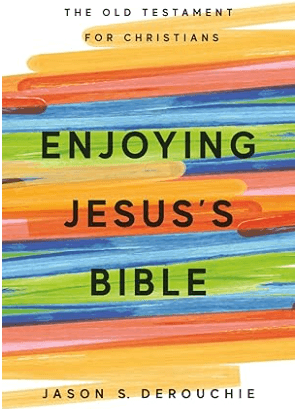
Book Announcement—Enjoying Jesus’s Bible: The Old Testament for Christians
The Old Testament is three-fourths of the Bible, and it is the only Bible Jesus had. He said that it spoke of him (Luke 24:44–45), so reading it through him and for him helps us treasure Christ more and understand all of Scripture better. My my new book Enjoying...
A God-Centered Life That Exalts Christ: A Sermon on Deuteronomy 5:6–15
(Audio Download / PDF / SoundCloud) DeRouchie gave this message on 10/19/2025 at the Sovereign Joy Baptist Church plant in Liberty, MO. ***** Throughout history, few Old Testament texts have impacted the church and society more than the Ten Commandments, which the...
Introducing the GearTalk Bible Reading Plan
JY: Welcome to GearTalk, a podcast on biblical theology. We have a big announcement today—we're launching the brand new GearTalk Bible reading plan. This goes through a reading in all three sections of the Old Testament each day, plus one reading in the New Testament....
The Need to Heed God’s Mediated Word: A Sermon on Deuteronomy 5:1–33
(Audio Download / PDF / SoundCloud) DeRouchie gave this message on September 28, 2025 at the Sovereign Joy Baptist Church plant in Liberty, MO. **** I invite you to follow along as I read Deuteronomy 5…. Pray with me…. “Nothing good happens after midnight.” Friends...
The Prophetic Word of Zephaniah For the Church Today
JY: Welcome to Gear Talk, a podcast on biblical theology. Recently, Jason DeRouchie published a substantial commentary on the Old Testament prophetic book Zephaniah. JY: On this podcast, Dr. Fred Zaspel, editor of Books at a Glance, interviews Jason about Zephaniah's...
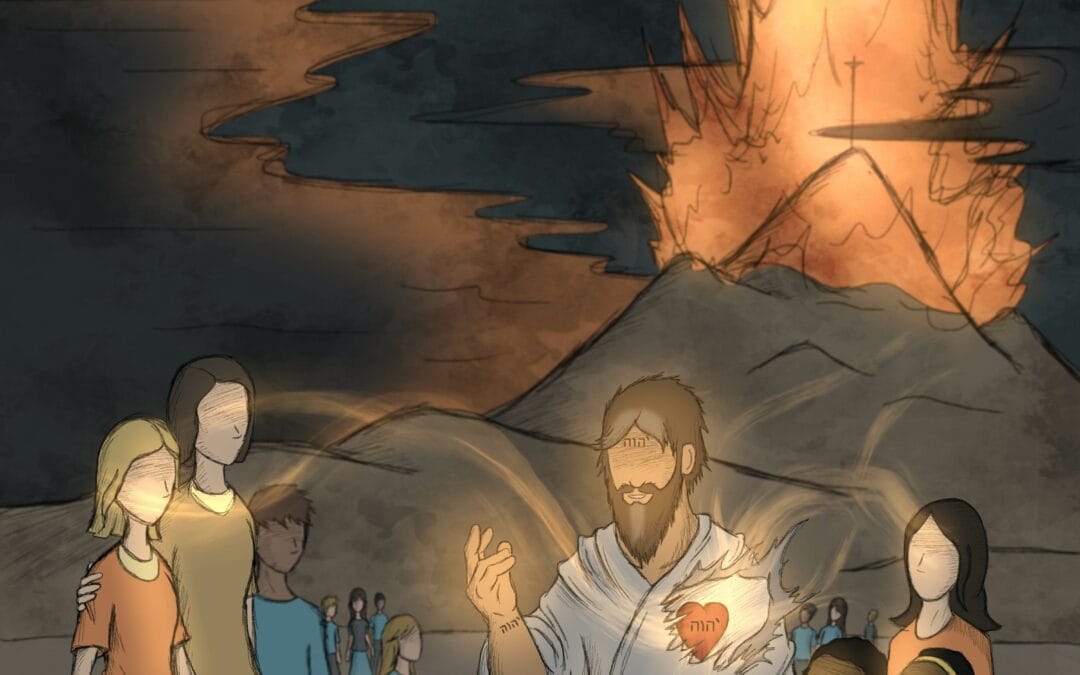
Introducing Moses’s Testimonies: A Sermon on Deuteronomy 4:44–49
(Audio Download / PDF / SoundCloud) DeRouchie gave this message on 9/21/2025 at the Sovereign Joy Baptist Church plant in Liberty, MO. ***** Today marks our church’s one-year anniversary of weekly worship gatherings. Praise the Lord for providing and protecting. My...
About Jason S. DeRouchie
Dr. Jason DeRouchie (PhD, The Southern Baptist Theological Seminary) is a churchman and a passionate teacher driven to exalt Jesus from the Old Testament and to help Christians better grasp why the initial three-fourths of the Bible matters for Christians. He is Research Professor of Old Testament and Biblical Theology and Rich and Judy Hastings Endowed Chair of Old Testament Studies at Midwestern Baptist Theological Seminary in Kansas City, Missouri. He also serves as Content Developer and Global Trainer with Hands to the Plow Ministries and as a pastor of Sovereign Joy Baptist Church in the northland of Kansas City, MO.
